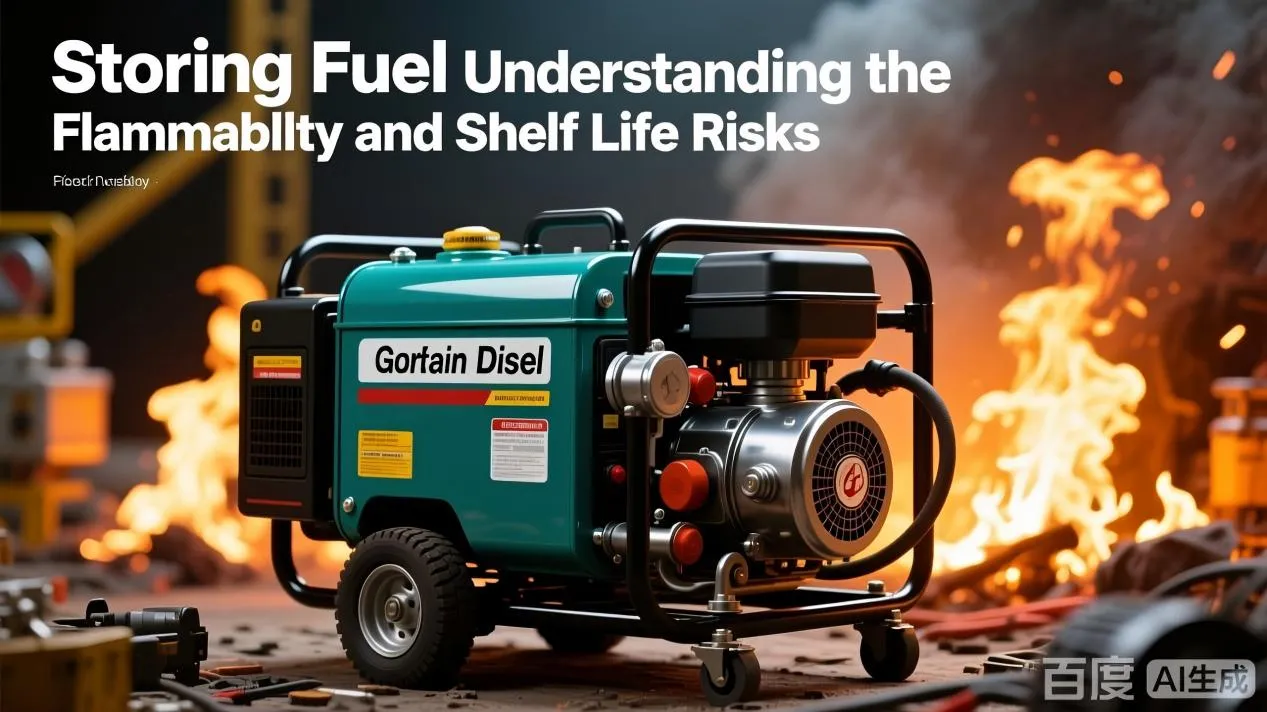Storing Fuel: Understanding the Flammability and Shelf Life Risks


The chemical properties of the fuels present different safety and storage challenges.
Flash Point: Diesel has a much higher flash point (around 125°F / 52°C) compared to gasoline (-45°F / -43°C). This means it is much less volatile and less likely to ignite accidentally from a spark or flame. It's safer to store and handle.
Shelf Life: Diesel fuel can degrade within 6-12 months due to microbial growth (diesel algae) and water contamination. Stabilizers and biocides can extend this, and proper storage in a clean, dry, sealed container is critical.
Flash Point: Gasoline is highly volatile and gives off flammable vapors at very low temperatures. These vapors are heavier than air and can travel along the ground to an ignition source, making it more dangerous to store in enclosed spaces.
Shelf Life: Gasoline begins to degrade and form varnish and gums in as little as 30 days, especially modern ethanol-blended fuel. This can clog carburetors and fuel lines. Using a fuel stabilizer is essential for any gasoline intended for storage.